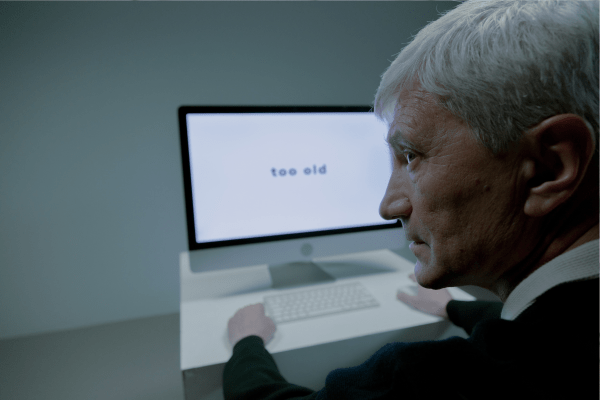It was in 2022 that the BBC published an article about whether delaying ageing can be achieved by refusing to act your age. It was fascinating to understand the results of a survey in 2017 asking what people believed was middle-age and old-age. On average people in their twenties and thirties said that middle-age began at 40 while old age started 62. Whereas the over 65’s didn’t think old age began until 71.
Ageism kills?
People are still being stigmatized by the attitudes that people have to older people. But why can this kill?
Consider the so-called Whitehall 2 study. This took 10,000 civil servants working in London and looked at them over an extended period during which they were asked a whole bank of questions.
The attitude to when you think old age starts provides a lot more information about a person than you might think. It’s a powerful indicator of future physical health. People who see old age starting earlier can become fatalistic and less likely to seek help for their medical conditions. They are less likely to adopt healthy routines, believing that decline is inevitable.
They may, for example, assume that older people are frail and so start walking more slowly and taking it easy when this will directly undermine their physical and mental health. It’s even possible that the stress of holding negative ideas about ageing can contribute to chronic inflammation and more health problems in the long term.
On the other hand, those who think old age starts later may be more conscious about their health and fitness and take active steps to stay in space in shape. They think they’re younger so they behave younger: a virtuous circle.
The Ohio Study
The most dramatic study about the impact of attitude came from the “Ohio longitudinal study of aging and retirement”. More than a thousand people were followed who were at least 50 at the beginning of the study. Those who had positive ideas about their own ageing lived on average for 22.6 years longer after they first participated in the study, while the people who felt less positively about ageing did so for just 15 more years.
So, your attitude towards ageing can change the length of your life by more than 7 years on average.
By comparison, being a smoker at the beginning of the study reduced your life by just 5 years.
What drives attitudes?
What are the most powerful drivers of your attitude to ageing? I would assert that the attitude that others have towards your age is a crucial influence on your own attitude to ageing. If everybody starts to treat you as elderly in your early sixties, then you will start to act elderly, because you will start to believe that you have become elderly.
There’s lots of evidence about how the process of gaslighting can undermine the confidence of women in abusive relationships. I suggest there’s a similar process of gaslighting happening in society at large, but particularly in the world in employment, where the older people are patronised with “now, now dear, just relax and take it easy”.
This creates a vicious circle where actually older people are encouraged by society to play up their age to get the help and assistance that other people would like to get.
It’s a little bit like the scenario that has played out in the past where women were defined by their appearance. Women found that they had to use their appearance to get what they needed.
Evidence?
So, is there evidence that ageism is killing you? I think it’s irrefutable that the negative attitudes of others reinforce any negative attitude that you may have and the scientific evidence is clear that if you believe you’re getting elderly, if you think that old age starts earlier or if you’re less positive about your own ageing, then you will die sooner.
Ageism is killing you!

Charles McLachlan is the founder of FuturePerfect and on a mission to transform the future of work and business. The Portfolio Executive programme is a new initiative to help executives build a sustainable and impactful second-half-career. Creating an alternative future takes imagination, design, organisation and many other thinking skills. Charles is happy to lend them to you.
